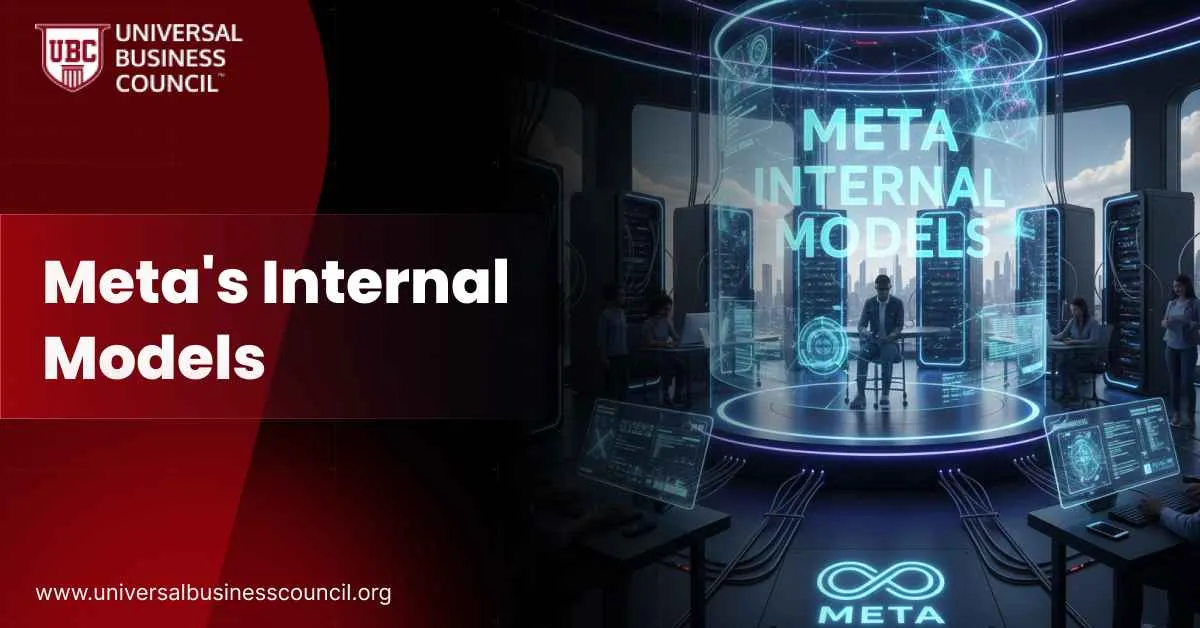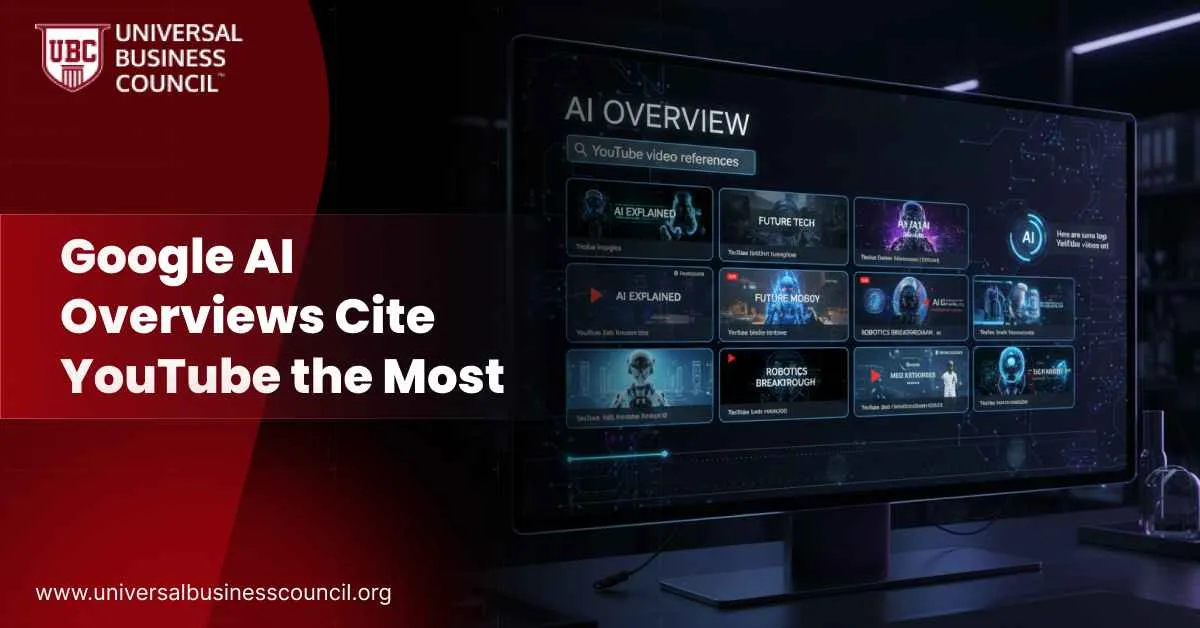What Is Blockchain in ERP?
ERP (Enterprise Resource Planning) systems help businesses manage core activities like inventory, finance, HR, and supply chain. They keep everything in one place. Blockchain is a secure digital ledger that records transactions in real time. It’s shared, so everyone sees the same thing. It’s also hard to change, which builds trust. When combined, blockchain can improve ERP systems by making data safer, easier to track, and more reliable.Key Benefits of Using Blockchain in ERP
1. Better Data Transparency
Blockchain adds a single, shared source of truth. Every update is recorded and time-stamped. Nothing gets changed without leaving a trace. This is useful when you work with vendors, suppliers, or teams across locations. Everyone sees the same thing, and no one can fake the data.2. Stronger Security
Blockchain protects data using cryptographic methods. There’s no central point to attack. So even if one part of the network is compromised, the data stays safe. This can reduce fraud and stop unauthorized changes.3. Smarter Process Automation
Smart contracts are a big plus. They are bits of code that run automatically when conditions are met. In an ERP, that could mean releasing a payment when a delivery is confirmed. You don’t need manual approval or third-party checks.4. Easier Traceability in Supply Chains
Blockchain makes tracking easier. For example, you can follow a product from its origin to your warehouse. This helps in identifying delays, fake products, or broken items. It also helps with compliance in regulated industries like food or pharmaceuticals.5. Real-Time Collaboration Across Teams
If multiple departments or partner companies use the same blockchain-based ERP, they can all see updates instantly. This avoids confusion and miscommunication. It also shortens the time it takes to make decisions.Common Challenges and Risks
1. High Setup Costs
Adding blockchain to ERP systems can get expensive. It needs new infrastructure, expert staff, and time for training. Many small to medium businesses may find this too costly, especially if the benefits aren’t immediate.2. Complex Integration
Most businesses already have ERP systems in place. Adding blockchain may need major changes to how data is stored, accessed, and processed. This can lead to delays, errors, or system slowdowns during migration.3. Scalability Issues
As the number of users and transactions grows, blockchain networks may slow down. Some blockchains aren’t built for high-speed business operations. This can limit how well the system performs over time.4. Legal and Compliance Risks
Blockchains are permanent. That sounds great, but in areas with privacy laws like GDPR, it can be a problem. If a customer asks for their data to be deleted, you may not be able to do that if it’s stored on a blockchain.5. Lack of Industry Standards
There’s no universal rulebook for using blockchain in ERP. That means businesses have to rely on their own research or vendors’ advice. This can lead to inconsistent performance or vendor lock-in.Pros and Cons of Blockchain in ERP
| Aspect | Pros | Cons |
| Data Transparency | Shared ledger ensures all users see the same data | Can be complex to manage across large networks |
| Security | Reduces chances of fraud and unauthorized changes | Needs strong setup and expert knowledge |
| Process Automation | Smart contracts reduce manual tasks | Errors in contracts can cause system-wide issues |
| Supply Chain Tracking | Real-time tracking of products and assets | May require extra hardware and training |
| Cost and Infrastructure | Can reduce long-term operational inefficiencies | High initial setup and maintenance costs |
| Integration | Improves collaboration across departments | Integration with legacy ERP is time-consuming |
| Compliance | Increases auditability of records | Can conflict with data privacy laws like GDPR |
| Scalability | Works well in small to mid-sized use cases | May slow down in large-scale or high-volume systems |
When Blockchain Makes Sense in ERP
Blockchain in ERP works well when:- Your company has a large supply chain with many partners
- You need to track goods, payments, or documents in real-time
- You face problems with fraud, errors, or mismatched records
- Your industry requires high data integrity (like healthcare, food, or finance)
Real-World Use Cases
Some global companies are already combining blockchain and ERP. For example:- Walmart uses blockchain to trace food sources and reduce waste
- De Beers tracks diamonds to ensure ethical sourcing
- Maersk and IBM built a supply chain network using blockchain to cut shipping delays
- Pharmaceutical companies use blockchain for compliance with drug tracking laws



